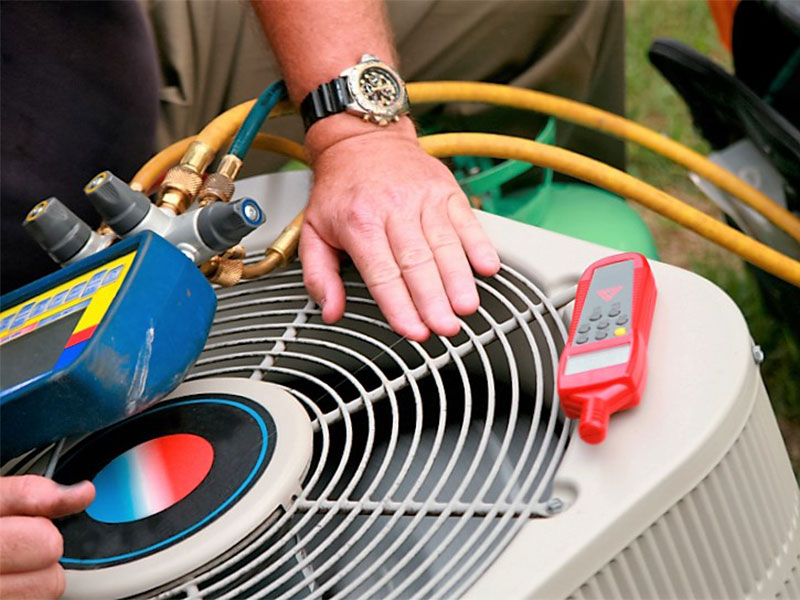-
 Encontrar enMiembros
Encontrar enMiembros Encontrar enVideos
Encontrar enVideos Encontrar enCanales
Encontrar enCanales
This website uses cookies to ensure you get the best experience on our website.
To learn more about our privacy policy haga clic aquíPreferencia de privacidad
- Etiquetas - #Prepare for an HVAC Career | Get the Training Now!
-
- Última actualización 27 de mayo de 2022 0 comentarios, 177 vistas, 0 likes
More from Femag Jills
More in Politics
Related Blogs
Archivo
Prepare for an HVAC Career | Get the Training Now!
Cuerpo

Preparing for a career as an HVAC technician requires students to learn the electrical and mechanical concepts that propel the industry forward. The best way to learn the skills needed for careers is to complete educational training. This can be done by learning how to prepare for an HVAC career. The preparation process typically consists of completing several steps that lead to acquiring a career.
Obtaining an Education
The main reason for obtaining an education is to successfully enter a career. Students are able to apply their knowledge of theories and the practical experiences they obtained in schooling to the professional industry. Heating ventilation and air conditioning technicians focus on accurately installing, repairing, and maintaining systems.
This can include working on thermal controls, broken mechanical parts, and specific systems such as furnaces. Students that want to become HVAC professionals need to properly work through available programs offered by https://www.hvactraininghq.com/.
Training
Students can begin preparing for the industry by assessing their career goals and researching what level of education is required. This first step to preparing for a career can include evaluating the amount of time students can dedicate to training. Students should also take into consideration the cost of schooling.
Different Programs
Essentially, the first step includes thoroughly thinking through all the variables that need to be addressed before stepping inside the correct educational training program. Vocational colleges provide students with many opportunities to step into entry-level careers by completing certificate or associates degree programs. Both of these levels are available from a large number of vocational and trade schools that train students to become professionals.
Certificate Programs
With the appropriate knowledge gained students need to enroll and complete educational training, which makes up the second preparation step. Certificate programs are short training options and typically require students to complete approximately 320 hours of training. The key areas of the field are broken down to teach students about safety conditions, heat transfer methods, and system parts.
Verdict
By studying electrical systems, thermal comfort, airflow, and air distribution students are ready to meet all industry standards. Programs develop skills by teaching students to fix all systems as well as install and maintain electrical and mechanical areas such as heat pumps.







Comentarios